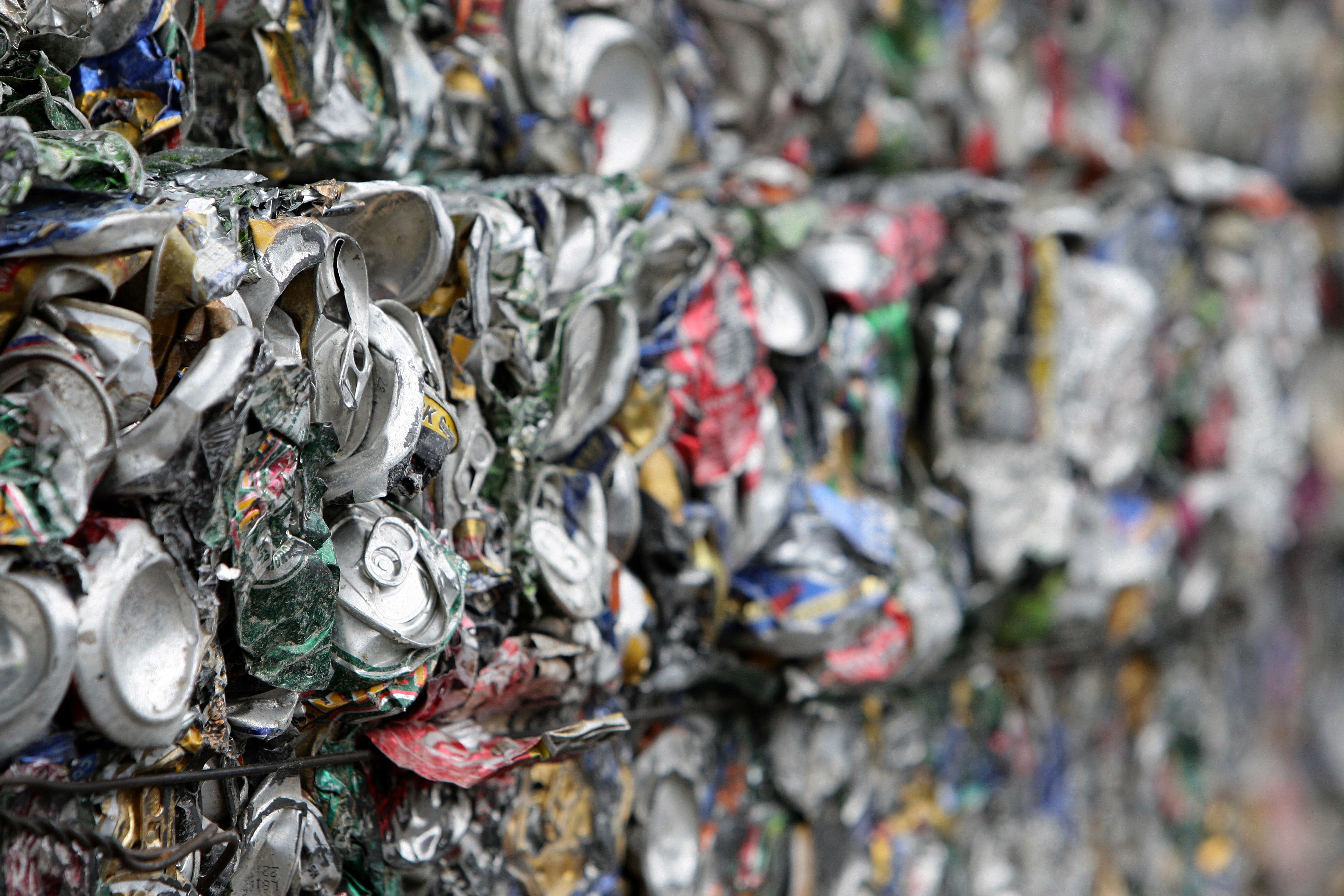Government lacks long-term plans to meet waste reduction targets, says watchdog
The National Audit Office found that household recycling rates in England had ‘stalled’ over the last decade.

A public spending watchdog has criticised the Department of Environment, Food and Rural Affairs (Defra) amid concerns about a lack of long-term planning to tackle waste and boost recycling.
A 56-page report, published by the National Audit Office (NAO), found that household recycling rates in England had “stalled” over the last decade.
It comes after a Government target to recycle 50% of household waste by 2020 was missed, an objective derived from a 2008 EU directive.
Reducing waste is critical to reducing emissions and achieving some of government's wider environmental goals, but Defra does not have effective long-term plans for how it will achieve its ambitions for reducing waste, and there has been delay to its implementation of reforms
Instead, rates settled around 43% to 44% between 2011 and 2018/2019.
The NAO also found that four years on from an ambitious 2018 strategy on waste, ministers and officials had failed to develop “effective long-term delivery plans that set out how it will achieve its ambitions”.
Such a lack of clarity made it more difficult for businesses to prepare for investment and regulatory changes necessary to meet the Government’s long-term plans, the NAO said.
While progress was noted in some areas, the watchdog repeatedly expressed concerns about the adequacy of long-term planning as well as referencing delays to collection and packaging reforms.
It found that the department had not yet set out how England’s waste system was a whole would need to change to meet the Government’s objectives, although officials were working on a “roadmap” for waste infrastructure up to 2035.
Elsewhere, concerns were raised that Defra, led by Therese Coffey, did not possess “a full understanding of the nature and extent of the changes that will be required to realise the benefits it expects from the reforms”.
“Without this, there are risks that it loses focus on benefits in the run up to launching the schemes, and that the reforms fail to achieve the levels of recycling, waste reduction and greenhouse gas emissions savings that are needed,” the report, published on Friday, warned.
It also suggested that uncertainties remained about the scale of the benefits of the Government’s planned deposit return scheme, with auditors noting that the department “has no current plans to test the scheme through piloting”.
Defra must give households, local authorities and businesses the confidence they need to substantially change behaviours, or risk further setbacks to our environmental objectives
NAO chief Gareth Davies said: “Reducing waste is critical to reducing emissions and achieving some of government’s wider environmental goals, but Defra does not have effective long-term plans for how it will achieve its ambitions for reducing waste, and there has been delay to its implementation of reforms.
“Defra must now establish a clear and coherent plan for its work on waste and resources, addressing the weaknesses in the reforms already in progress.
“If Defra takes these steps, it will be in a much stronger position to achieve its ambitions.”
The NAO also called for a review of the deposit return scheme to determine the “likely take up” and whether a pilot scheme would help “protect value for money”.
Labour’s Meg Hillier, chair of the Public Accounts Committee, said that Defra had a “culture of delay”.
Boosting and simplifying local recycling is an important part of dealing with waste, but we really need to see measures to stop so many raw materials being used in the first place
“Nearly five years on from its 2018 strategy, Defra has much to do before it can implement major reforms like the deposit return scheme,” she said.
“Defra must give households, local authorities and businesses the confidence they need to substantially change behaviours, or risk further setbacks to our environmental objectives.”
The Wildlife and Countryside Link, a coalition of groups campaigning for environmental protection, warned that the Government was a “long way off hitting its target of 65% recycling by 2035” and called for an “ambitious” deposit return scheme.
Chief executive Richard Benwell said: “Boosting and simplifying local recycling is an important part of dealing with waste, but we really need to see measures to stop so many raw materials being used in the first place – often being transported all over the world just to be used for a few moments.”
A Defra spokesman said: “We are pushing ahead with our programme of reforms to reduce waste and improve our use of resources – building on our commitments clearly set out in our Environment Improvement Plan earlier this year.
“This includes introducing a deposit return scheme for plastic and metal drinks containers from October 2025, implementing consistent recycling between different councils to boost recycling rates and banning the supply of single-use plastics like plastic plates and cutlery from October 2023.
“We have been working closely with industry, environmental organisations and local government as these initiatives are rolled out and will provide more updates on our long-term plans shortly.
“We have carefully considered the recommendations of the report and they will inform our approach as we continue to deliver on our environmental ambitions.”
Subscribe to Independent Premium to bookmark this article
Want to bookmark your favourite articles and stories to read or reference later? Start your Independent Premium subscription today.
